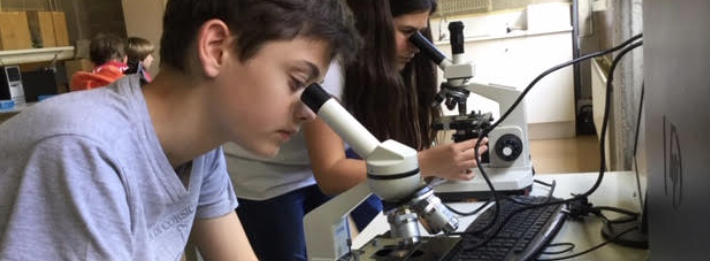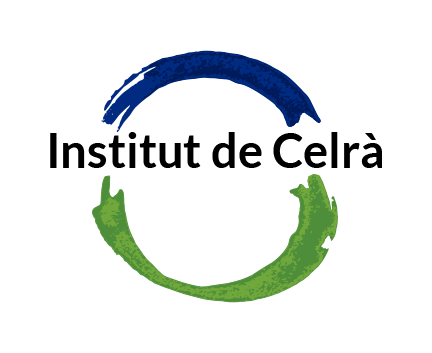| CATALÀ:
L’Institut de Celrà ha obtingut l’Acreditació Erasmus+ KA121 (2022-2027) d’Educació Escolar concedit per l’Agència Nacional Europea (SEPIE). Això implica la participació, financiació i facilitació en la realització de projectes europeus durant el període de temps comprès entre el 2022-2027. El projecte aprovat per obtenir l’acreditació Erasmus+ versa sobre la necessitat de potenciar una mirada inclusiva a les pràctiques desenvolupades al centre, així com aprendre i compartir pràctiques inclusives amb d’altres centres europeus, implicant tant als alumnes com al claustre de professorat i les famílies. El programa es planteja 3 objectius prioritaris:
|
ENGLISH:
Institut de Celrà has obtained the Erasmus+ KA121 Accreditation for School Education (2022-2027) granted by the European National Agency (SEPIE). It involves the realization of European projects during the period of time between 2022-2027. The project approved to obtain Erasmus+ accreditation deals with the need to promote an inclusive approach to the practices developed at the high school, as well as learning and sharing inclusive practices with other European centers, involving students, teaching staff and families as well. Our Erasmus+ program has 3 main aims:
|









